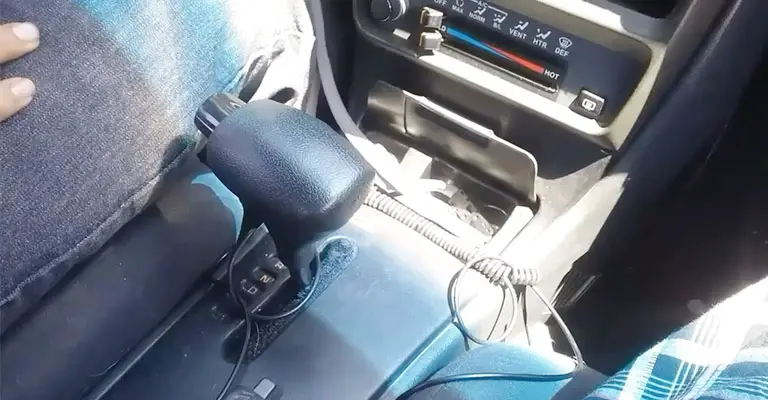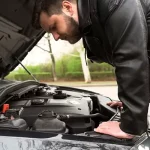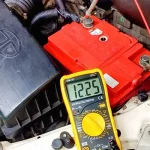Car stalling is one of the most common problems that people face. It is not a big issue, but it can be a big pain in the neck, especially when you put it in gear.
Several reasons contribute to automatic cars stalling, including empty fuel tanks and faulty alternators.
When your car stalls frequently, you should consult with an expert who can identify the cause and fix it as soon as possible. Stalling refers to the car stopping immediately after the engine stops running.
Whether it’s on the highway or anywhere else, this can happen to anyone at any time. However, it can be embarrassing and confusing for first-time victims.
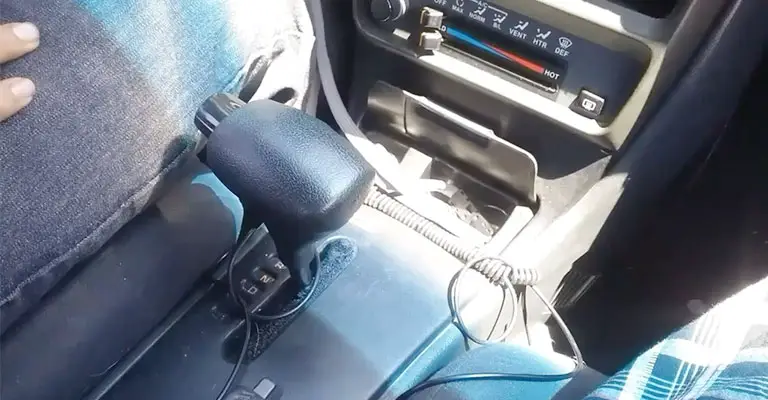
Reasons Why An Automatic Car Stalls When A Gear Is Engaged
You can try a few solutions before resorting to more drastic measures if your automatic car’s engine stalls for any of the following reasons.
1. The MAP Sensor Is Faulty
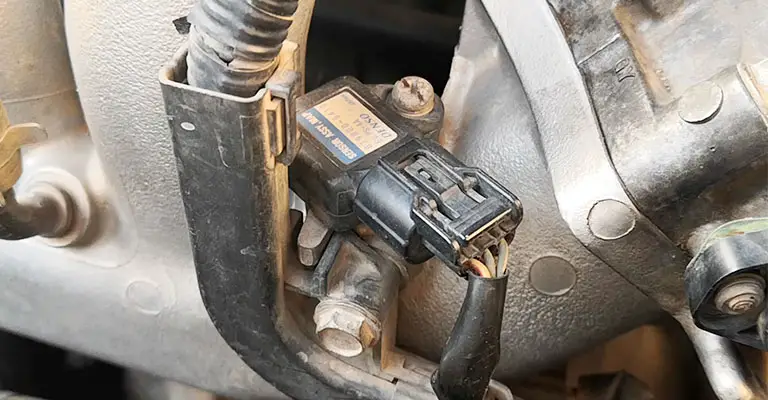
The MAP sensor may have a problem if it is an automatic gear. The intake manifold vacuum is detected by the Manifold Absolute Pressure (MAP) sensor, which generates a signal proportional to the engine load.
A computer uses this information to adjust ignition timing and fuel enrichment according to the amount of power the engine needs.
For example, a hard-working engine drops the intake vacuum as the throttle opens wide, taking in more air, which requires more fuel to keep the air/fuel ratio balanced.
In order to make the engine more powerful, the computer adjusts the fuel mixture to a slightly richer mixture when it detects heavy load signals from the [MAP sensor].
Afterward, the computer retards (backs off) ignition timing to prevent detonation (spark knock) from damaging the engine.
This may explain why the engine dies as you put the vehicle into gear as a load is put on the motor. Again, I would recommend having a professional mechanic inspect your vehicle.
2. Fuel Pressure Is Low
In automatic cars, this is one of the most common causes of stalling. Injectors become blocked as a result of this problem.
It happens when dirty fuel enters the system and clogs it, reducing the flow of fuel and resulting in low power and stalling. Injectors can be replaced, and the tank can be cleaned to resolve this problem.
3. There May Be A Jam In The Air Filter
A car needs a sufficient supply of air for it to function properly. There will be interruptions in airflow if the filter is not working correctly.
Regularly checking the filter and protecting it from dust and leaves will prevent jammed filters from causing problems.
4. Car Idle Circuit
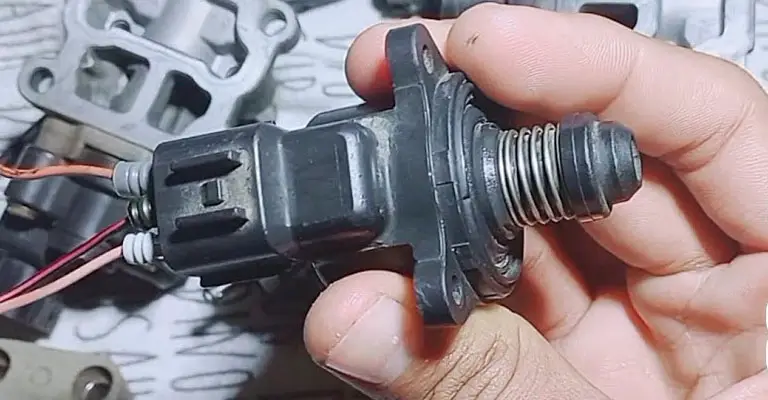
This part aids in the car’s combustion process when the vehicle is in stall mode by supplying oxygen. If it breaks, the oxygen supply to your engine will be interrupted, affecting it in the long run.
When your car stalls, you should check the idle circuit. There is always the possibility of replacing it if the issue lies there.
5. A Failing Torque Converter
Each automatic car contains this component. For example, this device replaces a clutch in an automatic transmission system. Cars cannot function properly without them.
In addition to managing the transmission fluid, it keeps the engine running even when the car is stopped. The car will stall if it fails.
In addition to dirt in the fuel, it can also overheat for various reasons. Alternatively, it may fail due to insufficient stall speed.
I know some incident report, car stalling at 40 MPH
6. Fuel Pump Failure
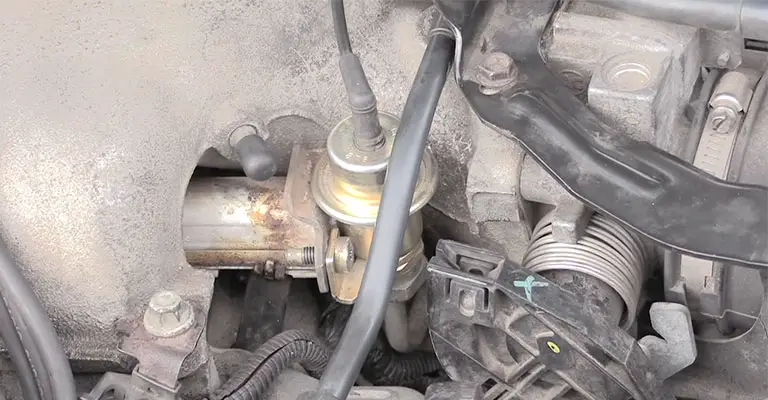
Unless a car’s engine gets enough fuel, it cannot function. If it doesn’t get enough fuel, it can’t function. A damaged fuel pump means the engine receives little or no fuel, so it performs poorly.
If this problem persists for a few days, you may experience some stalling after engaging the gear. If your car starts stalling, you should check the fuel pump. It is relatively cheap and quick to replace if it is damaged.
7. Fuel Mix Is Inadequate
An engine will have problems if the mixture of air and fuel isn’t adequate. There is even a possibility that the alternator will fail.
Poor performance of parts such as the alternator results in a damaged engine, and the dashboard lights will clearly show this.
A low battery can also indicate that your engine is stalling due to a low fuel mix. Make sure a mechanic checks the car. Replacement might not be cheap, but it will be worth it in the end.
8. Discharged Batteries
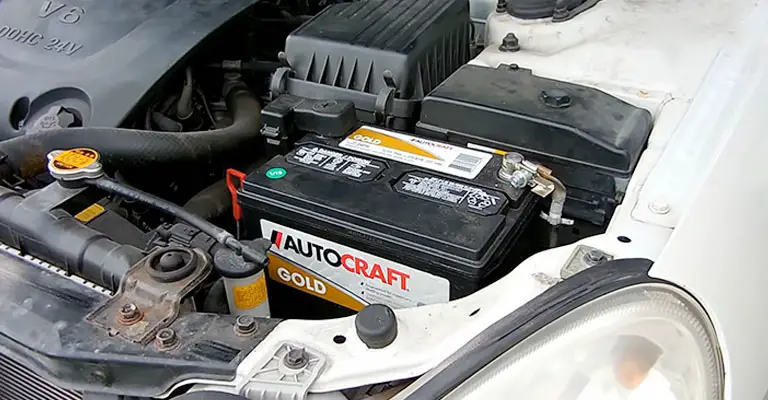
Stalls are caused by a bad alternator, as stated above. A low-performing battery is one of the main reasons why your alternator isn’t working properly.
The alternator will eventually be ruined if a bad battery prevents the car from starting.
A faulty battery might have happened once or twice to you, but it isn’t a major issue. Having a bad battery and your car stalls is a sign that something is wrong. It would be a good idea to replace the battery and check the alternator.
Is It Possible For Low Transmission Fluid To Cause Stalling?
You can experience stalling if your transmission fluid is low. There are many situations where this occurs, including red lights and other stops.
You should have it checked even if it doesn’t seem serious and the car starts instantly. There may be a problem with the transmission line.
It might be costly to repair transmission lines, but it is not as expensive as replacing the whole transmission.
How Should You Deal With a Stalled Automatic Transmission?
Stalling occurs when something in the car’s system doesn’t work properly. Identifying the cause of a stalling car is the first step. You may need to check the tank, clutch, and battery of the car if the car is stalling.
If any of them are damaged, make sure they are fixed. In addition, you may need to check the alternator and injector if the problem persists.
Make sure there is no damage or clogging and fix it if necessary. Then, the expert can run some tests for you and make a diagnosis for you based on the results.
You may also like to read – Car Stall At A Red Light
The Bottom Line
Automatic cars often stall for various reasons, but luckily most of them have readily available solutions.
Taking care of your car may require some costly repairs, but do not let that discourage you from doing so. To resolve such a problem, it is crucial to understand its causes and sources.

